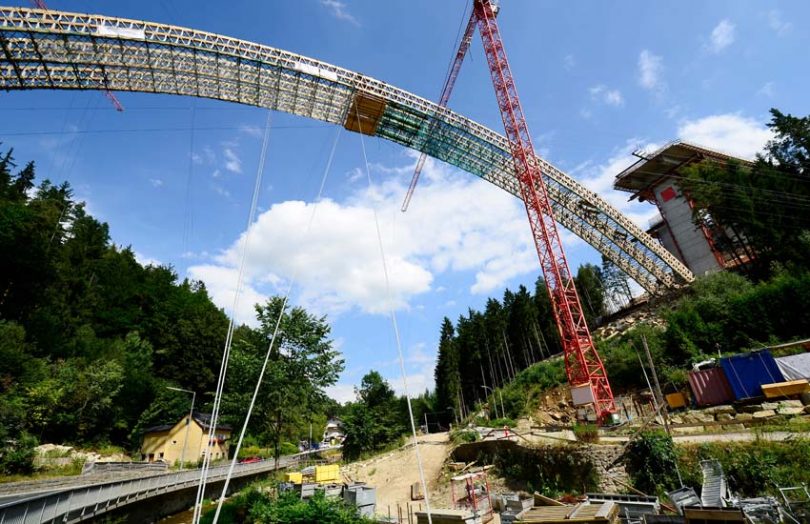California startup Pontoro aims to use blockchain to securitize private infrastructure loans provided by banks. The company plans to launch in late 2022 after raising a $6 million preferred seed funding led by Ulu Ventures, with participation from Franklin Templeton, Neva Sgr, the venture capital fund of Banca Intesa Sanpaolo, Bloccelerate, and others. Banca Intesa Sanpaolo is a major infrastructure lender.
Using blockchain to tokenize assets is seen as a way to bring alternative asset classes to new groups of investors. However, rather than targeting retail investors, Pontoro plans to enable access for institutional and accredited investors such as high net worth individuals (HNWI).
The startup’s CEO, Antonio Vitti, sees tokenization as a route to tap into these accredited investors, which is a key driver behind its use of blockchain. The HNWI group is the biggest investor class by far. Total HNWI assets under management are slightly less than the combined assets of pension funds, insurance companies and sovereign wealth funds.
Another reason for using blockchain is to enable trading on other Alternative Trading Systems (ATS) in a few years. That’s apart from the secondary trading to be supported amongst its token investors.
Vitti was keen to emphasize that the solution won’t touch cryptocurrency. It’s being developed on a permissioned Ethereum blockchain using Proof of Authority. And all transactions will be in fiat currency.
Vitti describes the infrastructure loan asset class as relatively low risk, and it doesn’t follow typical credit cycles. On the rare occasion that issues arise, it tends to be during the project’s construction phase, whereas the debt is long term. And given the coupon rates are usually index-linked to LIBOR or its replacement, the loan values aren’t as sensitive to inflation.
Banks can free up their balance sheet
“What we’re looking to do is help the banks who originate about $300 billion in infrastructure project finance loans every year more scalably offload these loans onto investors who would like access,” said Vitti. He elaborated this would “widen the spectrum of institutional investors that can participate, as well as create more price discovery and liquidity for these assets.”
Hence banks can free up their balance sheet to do more loan origination which is where they make most of their money.
The company plans to develop its solution in phases, with the first stage being a traditional pooled fund, although it’s a tokenized digital asset pool. These General Asset Tokens represent ownership similar to a limited partner stake.
However, it recognizes that some investors may want a custom portfolio of specific assets. So in a second phase through an auction process, investors can bid for a slice of particular assets from the general pool, creating Specific Asset Tokens. And in the third stage, it will create a secondary market ATS. But that’s a few years away.
Vitti talked about moving the infrastructure loan sector from level three pricing, where investors develop their own financial models, to level two pricing, where comparative prices are available, and ultimately level one pricing typical of listed markets.
Why hasn’t securitization been done before?
We were curious why the infrastructure loan sector hasn’t used securitization in the past. On the one hand, you have mortgages and trade finance, both of which are relatively homogenous and low value. In contrast, an infrastructure project can vary from a dam to a bridge or an energy project, requiring some specialist knowledge. That’s something Pontoro plans to address with educational resources. Plus, the loan size is usually substantial, often in the range of a few hundred million up to a billion dollars.
Infrastructure loans also aren’t suitable as collateralized loan obligations (CLOs). These tend to have multiple tranches from senior to junior as well as equity. Given that a typical infrastructure loan is LIBOR + 3%, there’s not enough yield for a CLO structure and no equity portion. Plus, the bank loans are private and hence not rated.
Comparing what Pontoro is planning with other platforms that tokenize existing securities, Vitti said that’s “sort of taking a photocopy of a Polaroid”. In contrast, Pontoro will transform pools of private loans and turn them into tokenized registered securities.







